The Billionaire Club: Hong Kong’s 50 Richest
Discover the wealth of Hong Kong’s billionaires. Find out who made the list of the top 50 richest people in Hong Kong and explore their success stories. Learn more about these powerhouses of wealth and their contributions to the city.
KEY TAKEAWAYS
- Hong Kong is home to some of the world’s wealthiest individuals.
- The list of Hong Kong’s 50 Richest People is topped by Li Ka-shing, with a net worth of $33.1 billion.
- Other top entries include Lee Shau Kee, Robert Kuok, and Hui Wing Mau.
- The majority of Hong Kong’s 50 Richest People are involved in real estate or technology.
- The combined wealth of these individuals is over $123 billion.
Hong Kong, one of the world’s leading financial centers, is home to some of the wealthiest individuals on the planet. This article will take a closer look at Hong Kong’s 50 richest billionaires, as listed on Forbes. Understanding the wealth distribution in Hong Kong is of great importance, as it impacts not only the economy but also society as a whole. By exploring the industries these billionaires are involved in, analyzing their net worth, and examining their philanthropic efforts, you can gain a better understanding of their impact on Hong Kong’s economy and society. Get ready to delve into the world of Hong Kong’s richest individuals and explore the factors contributing to their immense wealth.
The Top 10 Richest People in Hong Kong
Who are Hong Kong’s Richest People?
Hong Kong is home to many of the wealthiest individuals in the world, with a total of 50 billionaires on the Forbes list of Hong Kong’s richest people. In this section, we will focus on the top 10 richest people in Hong Kong and provide a brief overview of their profiles.
- Li Ka-shing
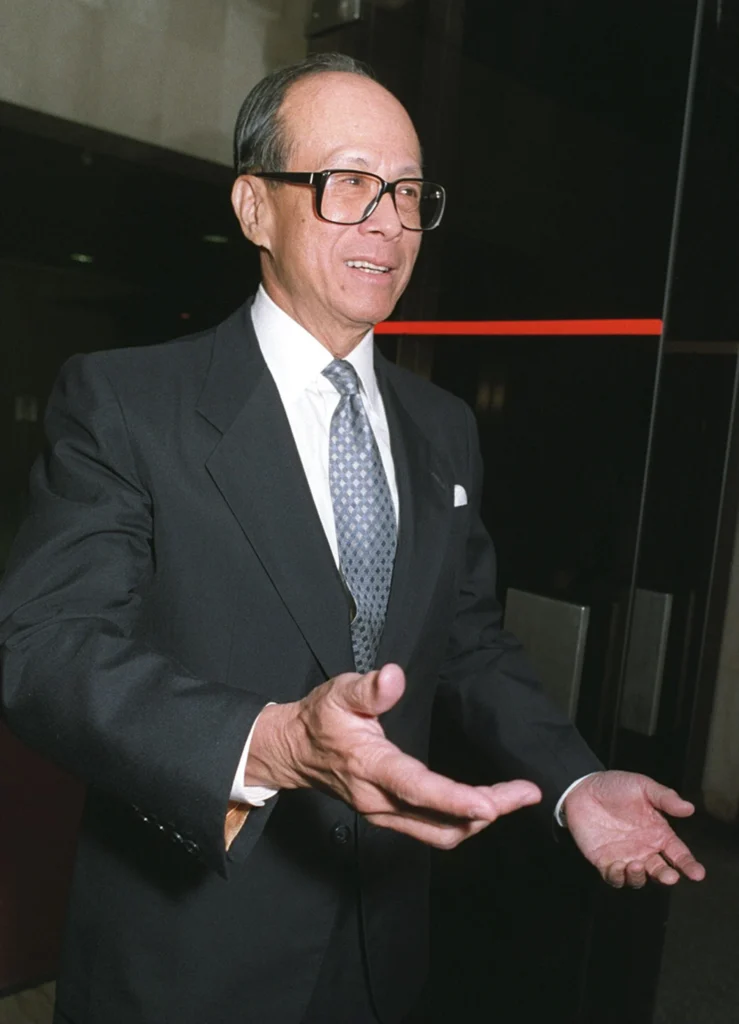
Photo: South China Morning Post
Topping the Forbes list of Hong Kong’s richest people is Li Ka-shing, with a net worth of $32.8 billion. Li is the chairman of CK Hutchison Holdings and CK Asset Holdings, two of the largest companies in Hong Kong. He is often referred to as “Superman” by the Hong Kong media for his business acumen and philanthropy efforts.
- Li Shau Kee

Photo: South China Morning Post
Coming in second on the list is Li Shau Kee, with a net worth of $30.1 billion. Li made his fortune in real estate, founding the Henderson Land Development Company Limited. He is also a philanthropist and has donated millions of dollars to various charities and causes.
- Henry Cheng and family
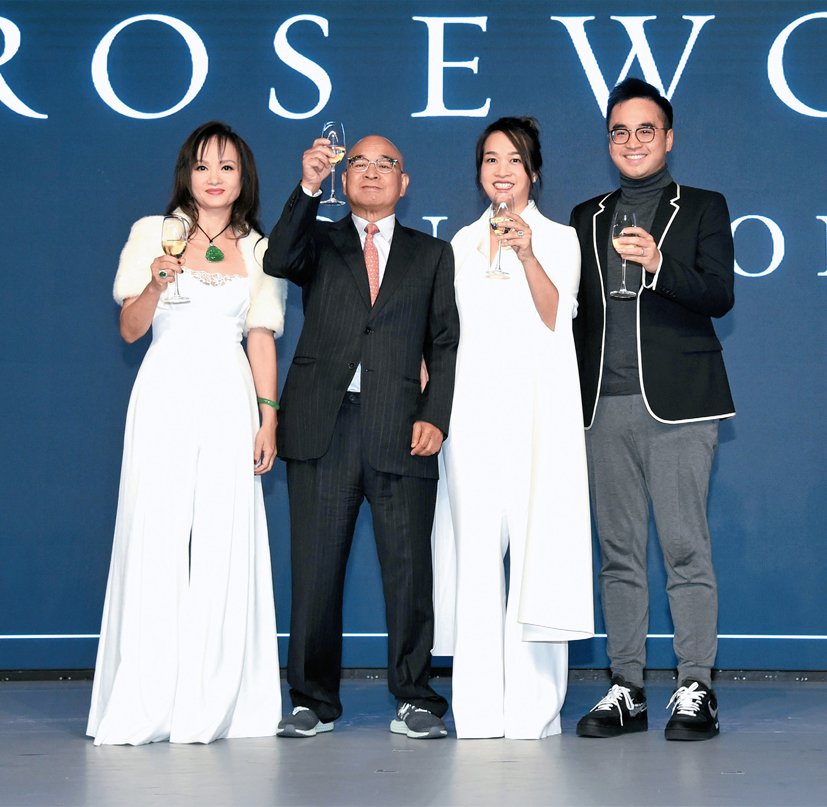
Photo: thestandard
With a net worth of $18.7 billion, Henry Cheng and his family are third on the list. Cheng is the chairman of New World Development, a conglomerate with interests in real estate, hotels, and infrastructure. He is also a major shareholder in Chow Tai Fook Enterprises, a jewelry and real estate company.
- Lee siblings

Photo: straitstimes
The Lee siblings, Thomas and Raymond, are fourth on the list with a net worth of $18.5 billion. They inherited their wealth from their father, who founded Henderson Land Development. Thomas is the chairman of the company, while Raymond is the vice-chairman.
- Peter Woo
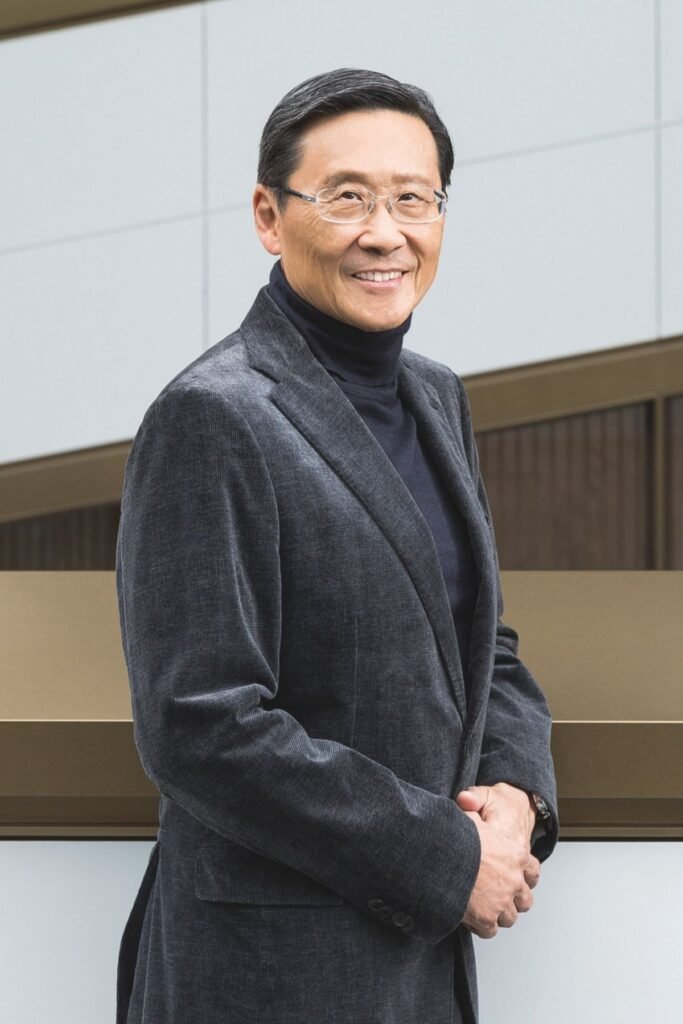
Photo: tatlerasia
Peter Woo comes in at number five on the list with a net worth of $13.6 billion. He is the chairman of Wheelock and Company Limited, a conglomerate with interests in real estate, hotels, and telecommunications. Woo is also a philanthropist and has donated millions of dollars to various causes.
- Kwong Siu-hing

Photo: Cnbc
Kwong Siu-hing is the sixth richest person in Hong Kong, with a net worth of $12.5 billion. She inherited her wealth from her husband, who founded the Sun Hung Kai Properties, a real estate company. Kwong is now the chairperson of the company.
- Lui Che Woo
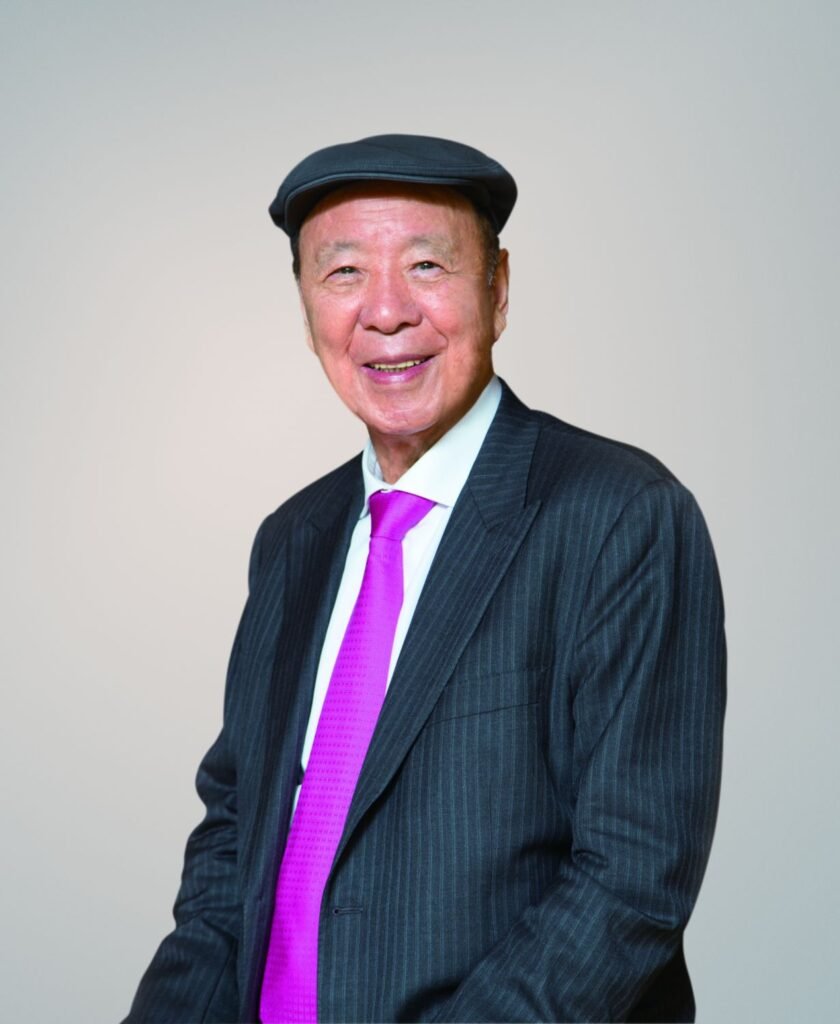
Photo: Tatlerasia
Lui Che Woo is the founder and chairman of Galaxy Entertainment Group, a major player in the Macau casino industry. He has a net worth of $9.9 billion and is known for his philanthropy efforts.
- Joseph Lau
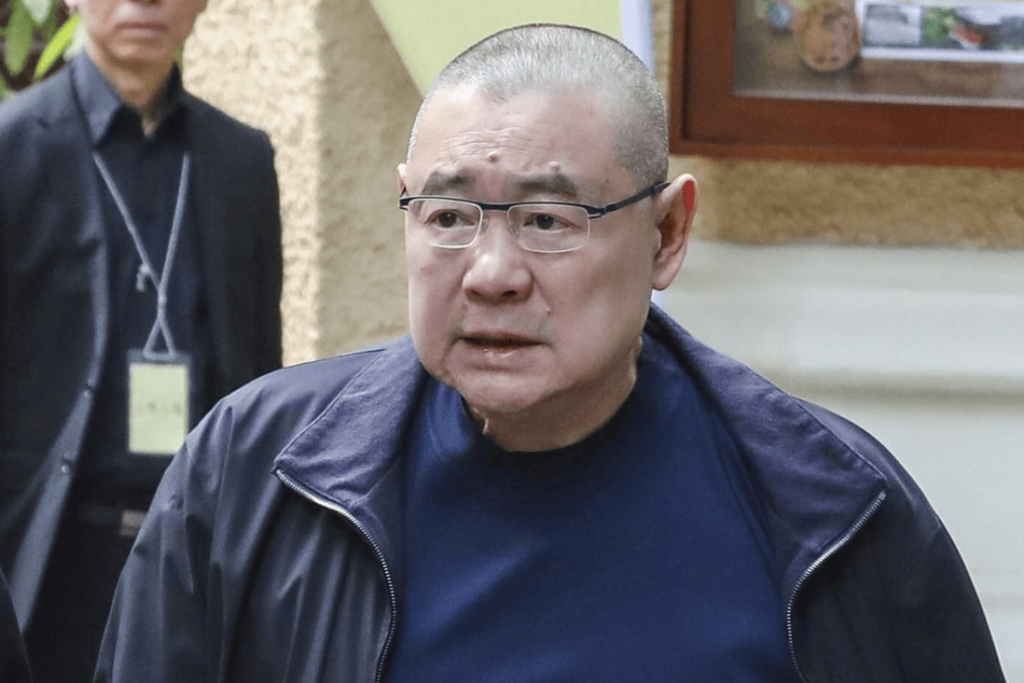
Photo: scmp
Joseph Lau is the eighth richest person in Hong Kong, with a net worth of $8.6 billion. He made his fortune in real estate, founding Chinese Estates Holdings. Lau is also an art collector and has donated millions of dollars to various museums and institutions.
- Joseph Tsai
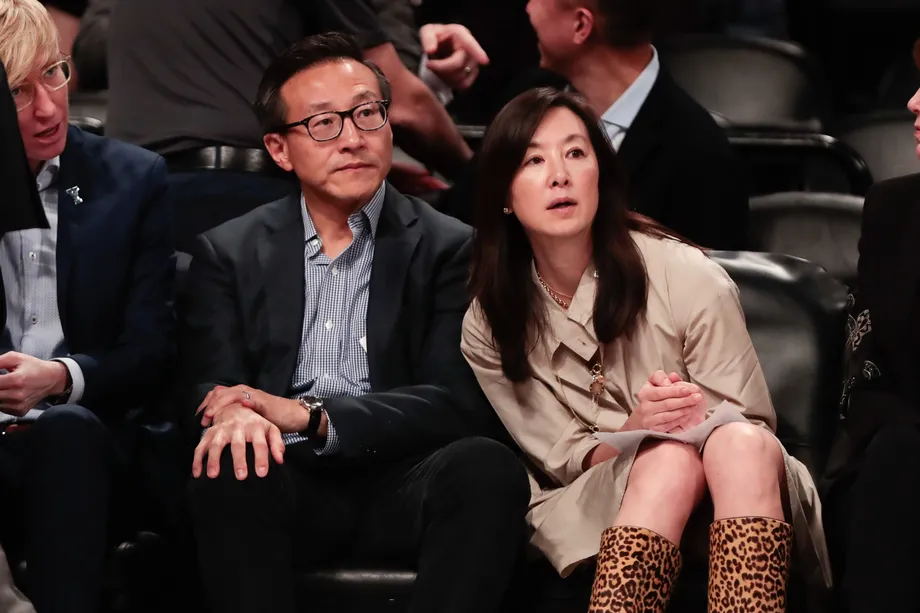
Photo: netdaily
Joseph Tsai is the co-founder and executive vice-chairman of Alibaba Group, one of the largest e-commerce companies in the world. He has a net worth of $8.3 billion and is also the owner of the Brooklyn Nets, a professional basketball team in the United States.
- Francis Choi

Photo: prestigeonline
Last but not least on the list is Francis Choi, with a net worth of $7.6 billion. He is the chairman of Early Light International, a conglomerate with interests in electronics, real estate, and banking. Choi is also a philanthropist and has donated millions of dollars to various causes.
Description of the Industries they are Involved in
The top 10 richest people in Hong Kong have achieved their wealth through a range of industries, from real estate to technology. Li Ka-Shing is the founder of Cheung Kong Holdings and Hutchison Whampoa, with investments in real estate, technology, energy, and telecommunications. Lee Shau Kee is the founder of Henderson Land Development and has investments in real estate, banking, and other related industries. Lui Che Woo is the founder of the K. Wah Group and has investments in real estate, entertainment, hospitality, and gaming. Cheng Yu-tung is the founder of New World Development and has interests in real estate, infrastructure, and energy. Ma Huateng is the founder of Tencent and has investments in the internet industry. Li Ka-kit is the founder of MTR Corporation and has investments in infrastructure, real estate, and transportation. Wang Jianlin is the founder of the Dalian Wanda Group and has investments in real estate, entertainment, and technology. The Kwok brothers, Walter and Raymond, are the co-chairmen of Sun Hung Kai Properties and have investments in real estate. Lee Kun-hee is the chairman of Samsung Group and is involved in technology, electronics, and finance. Li Ka-Shing (Junior) is the chairman of CK Hutchison Holdings and has investments in real estate, technology, and telecommunications.
Analysis of their Net Worth
The estimated combined net worth of Hong Kong’s top 10 richest people is $104.4 billion. Li Ka-Shing is the wealthiest with an estimated net worth of $31.6 billion, followed by Lee Shau Kee with $24 billion, Lui Che Woo with $19.2 billion, Cheng Yu-tung with $15.5 billion, Ma Huateng with $15.2 billion, Li Ka-kit with $13.5 billion, Wang Jianlin with $13.4 billion, the Kwok brothers with $11 billion, Lee Kun-hee with $9.9 billion, and Li Ka-Shing (Junior) with $9.2 billion.
Discussion of their Philanthropic Efforts
The top 10 richest people in Hong Kong have been involved in numerous philanthropic initiatives to give back to the community. Li Ka-Shing is known for his donations to universities and charitable causes, while Lee Shau Kee has provided financial assistance to students and donated to charitable causes. Lui Che Woo has set up the Lui Che Woo Prize, which awards individuals for their contributions to society. Cheng Yu-tung has donated to universities and provided financial assistance to underprivileged communities. Ma Huateng has supported education and provided medical assistance to rural areas. Li Ka-kit has provided financial assistance to students and supported medical research. Wang Jianlin has set up scholarships and donated to disaster relief funds. The Kwok brothers have provided financial assistance to underprivileged communities and donated to medical research. Lee Kun-hee has provided educational opportunities to underprivileged students and supported medical research. Li Ka-Shing (Junior) has provided financial assistance to students and donated to charitable causes.
The Remaining 40 Richest People in Hong Kong
The remaining 40 richest people in Hong Kong are the second tier of the wealthiest individuals in the city. With a combined net worth of over $113 billion, these individuals are a powerful force in the financial and business world. The list of the 40 richest people in Hong Kong includes a mix of entrepreneurs and business magnates, who have achieved success in a variety of industries. From real estate to technology, these individuals have used their business acumen and savvy to amass immense wealth.
Industries
The 40 richest people in Hong Kong come from a variety of industries. Real estate is one of the most profitable industries in the city, and several of the 40 wealthiest individuals are involved in the industry. Li Ka-Shing, Lee Shau-kee, and Lui Che Woo are all real estate tycoons who have made billions from their investments.
Technology is another major industry in Hong Kong, and several of the 40 richest people in the city are involved in the sector. Li Ka-Shing is also the founder and chairman of CK Hutchison, which is a telecommunications and technology group. Alibaba founder Jack Ma, Tencent founder Pony Ma, and Xiaomi founder Lei Jun are some of the richest technology entrepreneurs in Hong Kong.
The remaining 40 richest people in Hong Kong are involved in a variety of industries, from finance to retail. These include Li Ka-shing’s son Richard Li, who heads the Pacific Century Group; Chow Tai Fook chairman Henry Cheng; and Sun Hung Kai Properties chairman Raymond Kwok.
Net Worth
The combined net worth of the remaining 40 richest people in Hong Kong is estimated to be approximately $113 billion. Li Ka-Shing is the wealthiest individual in the group, with a net worth of $30.7 billion. Jack Ma is the second richest person in the group, with a net worth of $25.2 billion.
The remaining 38 individuals among the 40 richest people in Hong Kong have a combined net worth of approximately $57 billion. The average net worth of these individuals is approximately $1.5 billion.
Philanthropic Efforts
The 40 richest people in Hong Kong have made significant philanthropic efforts. Li Ka-Shing is one of the most generous philanthropists in the city, having donated billions of dollars to various charitable causes. He is also the founder of the Li Ka-Shing Foundation, which has donated over $2 billion to charitable causes in Hong Kong.
Jack Ma has also been a generous philanthropist, donating over $3 billion to various charities in China and around the world. He has also established the Jack Ma Foundation, which focuses on education and poverty alleviation.
The remaining 38 individuals among the 40 richest people in Hong Kong have also contributed to a variety of philanthropic causes. They have donated to various charities, educational institutions, and medical research organizations. Their philanthropic efforts have had a significant positive impact on the city of Hong Kong.
Factors Contributing to Wealth Accumulation in Hong Kon
Hong Kong is home to some of the wealthiest people in the world. The city boasts an impressive list of billionaires, with the top 50 richest people in Hong Kong collectively worth a staggering $136 billion. What factors have contributed to the accumulation of such great wealth in the city?
Economic and Social Factors
Hong Kong’s economy is highly developed and among the freest in the world. It is a major center for international finance and trade, and the city has seen substantial economic growth over the past few decades. This has enabled many individuals to accumulate great wealth.
The city’s competitive business environment also plays a role in wealth accumulation. Hong Kong has a highly educated population and a strong legal system. This has allowed businesses to thrive and has created opportunities for entrepreneurs to make their mark.
Additionally, Hong Kong’s social culture has contributed to its wealth through the culture of saving. The city’s residents have a strong tradition of saving and investing, which has enabled them to build substantial wealth over the long term.
Education, Entrepreneurship, and Inheritance
Education is an important factor in wealth accumulation in Hong Kong. The city boasts a highly educated population, with many individuals attending top universities. This has enabled them to pursue successful careers, allowing them to accumulate wealth.
Entrepreneurship is also a key factor in wealth accumulation in Hong Kong. The city is a major center for business and innovation, and many wealthy individuals have created their businesses and amassed great wealth.
Inheritance is another factor that has contributed to wealth accumulation in Hong Kong. The city has a long history of wealthy families passing on their wealth from generation to generation. This has allowed many individuals to inherit wealth and use it to their advantage.
Overall, Hong Kong’s 50 richest people have amassed great wealth due to a combination of economic and social factors, including education, entrepreneurship, and inheritance. These factors have enabled individuals to take advantage of the city’s opportunities and create great wealth.
Criticisms of Hong Kong’s Wealth Distribution
Overview of the Criticisms of Hong Kong’s Wealth Distribution
The extreme wealth gap between the top earners and middle-class citizens in Hong Kong has been a cause of concern for many years. The 50 wealthiest people in Hong Kong are estimated to have a combined net worth of US$166 billion, with the top 10 alone owning US$95 billion. This concentration of wealth has led to a large number of criticisms, including the following:
Unfair Tax System
One of the main criticisms of Hong Kong’s wealth distribution is that the tax system is biased in favor of the wealthy. The top rate of income tax is 17%, which is one of the lowest in the world. This means that the wealthy can accumulate large amounts of wealth without having to pay a significant amount of tax.
Additionally, the wealth tax in Hong Kong is only payable if the net worth of the individual is above HK$2 million (approximately US$260,000). This means that even those with very large amounts of wealth can easily avoid paying any wealth tax.
Growing Inequality
The concentration of wealth in the hands of a few is a major concern for many people in Hong Kong, as it has led to an increase in inequality. The Gini coefficient, which measures the level of inequality in a country, has been steadily increasing since the 1980s. This indicates that the wealth gap between the rich and the poor is widening, which harms social mobility and overall economic growth.
Discussion of the Implications of these Criticisms
The criticisms of Hong Kong’s wealth distribution have many implications for the city’s economy and society. Firstly, the unfair tax system means that the wealthy can accumulate vast amounts of wealth without contributing their fair share to the public purse. This reduces the amount of revenue available for public services and infrastructure, which can hurt the economy.
Secondly, the growing inequality has some social implications. It can lead to an increase in crime and unrest, as those who are less well-off feel that they are not able to access the same opportunities as the wealthy. Additionally, it can reduce social mobility, as those from lower-income backgrounds are less likely to be able to access the same educational and employment opportunities as those from wealthier backgrounds.
Finally, the extreme concentration of wealth in the hands of a few can create an unhealthy environment for businesses. This is because the wealthy can use their wealth to gain access to resources and opportunities that others cannot, leading to a lack of competition and innovation in the economy.
Overall, the criticisms of Hong Kong’s wealth distribution are an indication that the city needs to take steps to address the problem of inequality to create a more equitable and prosperous society.
Final Thoughts
The list of Hong Kong’s 50 richest billionaires provides a fascinating glimpse into the wealth distribution of this leading financial center. By examining the industries these billionaires are involved in, analyzing their net worth, and discussing their philanthropic efforts, you’ve gained a better understanding of their impact on Hong Kong’s economy and society. It is important to note that while these individuals have achieved great wealth, there are also criticisms of wealth distribution in Hong Kong. It is up to society to engage in meaningful dialogue and work towards a more equitable distribution of wealth. This article should’ve provided valuable insights into the world of Hong Kong’s richest individuals and serves as a call to action for readers to continue exploring this important topic.
















































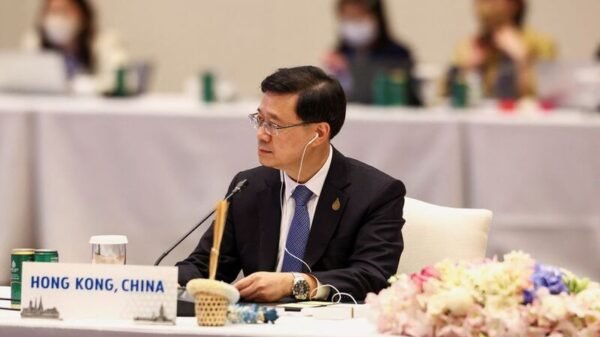

Comment Template